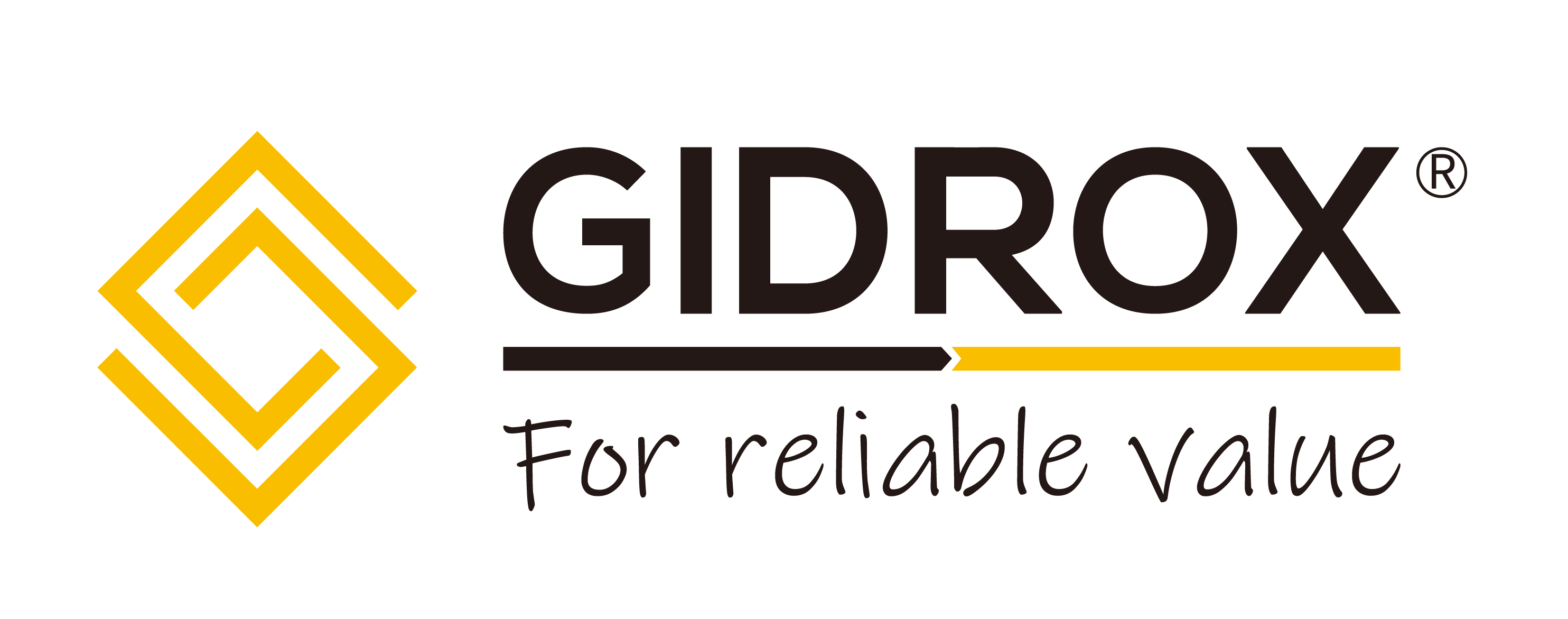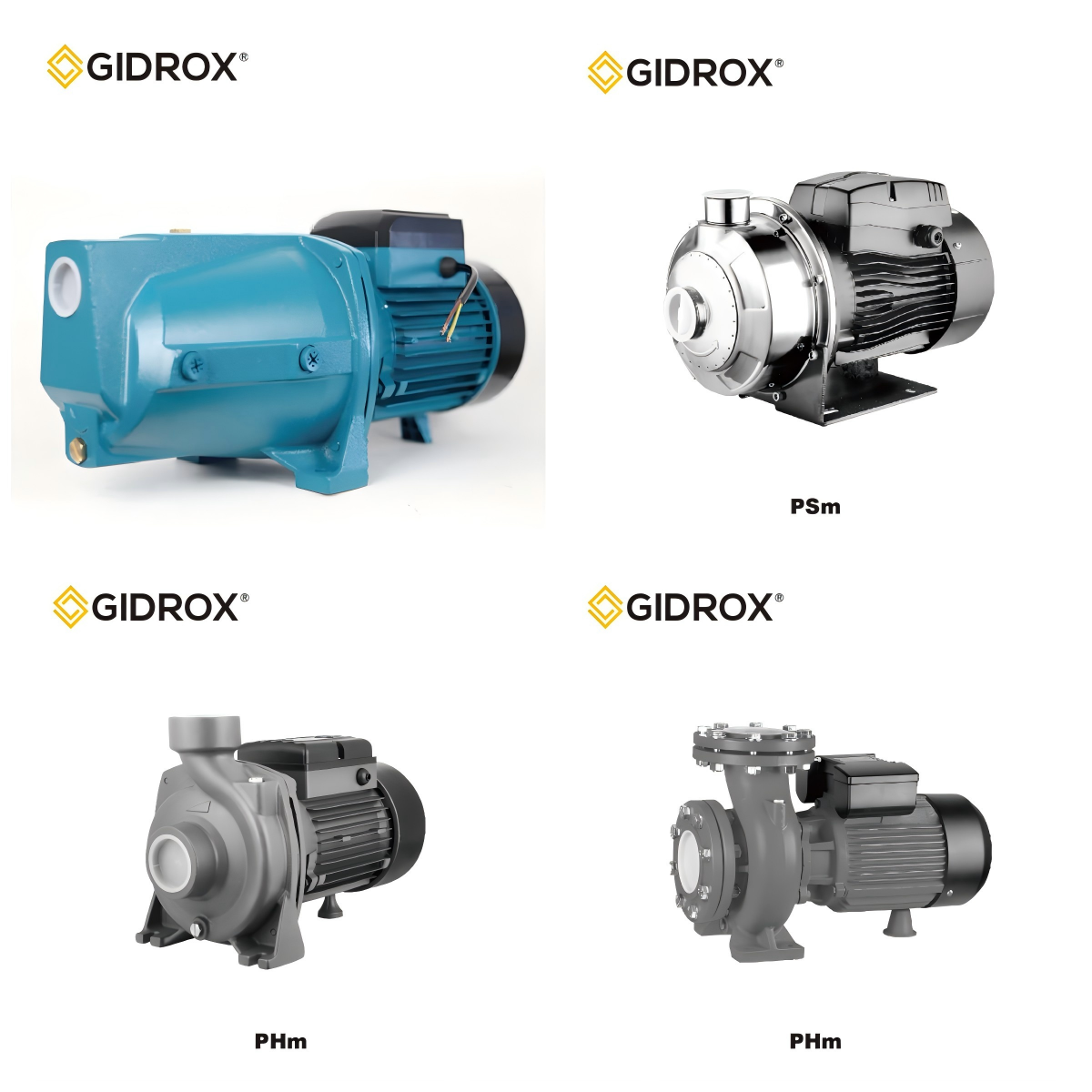Choosing the right water pump is essential for garden irrigation systems, especially for equipment distributors, landscape contractors, and agricultural project buyers. Two of the most common pump types in irrigation are jet pumps and centrifugal pumps. Each has unique features that can impact your project costs, installation flexibility, and long-term performance.
In this guide, we compare both pump types across technical and commercial aspects to help B2B buyers make an informed decision.
What Is a Jet Pump?
Jet pumps use a venturi mechanism to create suction and lift water from shallow wells or reservoirs. They are mounted above ground and often paired with an injector nozzle. Jet pumps are ideal for:
• Shallow wells up to 8 meters (26 feet)
• Areas with sandy or muddy water sources
• Portable irrigation systems
• Residential and light commercial applications
What Is a Centrifugal Pump?
Centrifugal pumps rely on an impeller that spins rapidly to pressurize and push water. Unlike jet pumps, centrifugal pumps typically require priming and are more efficient for clean water transfer over longer distances. They are best suited for:
• Large-scale garden or agricultural irrigation
• Deep well pumping (with booster systems)
• Industrial irrigation systems
• Drip irrigation networks or multi-zone watering
Technical Comparison: Jet vs. Centrifugal Pump
| Feature | Jet Pump | Centrifugal Pump |
| Suction Depth | ≤ 8 m (shallow wells) | ≤ 6 m (requires priming) |
| Max Flow Rate | ~3,000–5,000 L/h | ~5,000–15,000 L/h |
| Debris Tolerance | High (sand, mud-friendly) | Low (requires pre-filter) |
| Installation | Easy, above-ground | Requires setup and priming |
| Pressure Output | Moderate | High-pressure, high-lift |
| Energy Efficiency | Moderate | Higher (especially with inverter) |
| Maintenance | Moderate (injector nozzle prone wear) | Low (if water is clean) |
| Cost (Unit) | Lower upfront | Higher upfront, lower long-term cost |
B2B Use Case Applications
Jet Pumps:
• Garden equipment distributors targeting hobbyist or residential markets
• Landscape maintenance services needing flexible irrigation options
• Low-cost irrigation systems in sandy regions
Centrifugal Pumps:
• Agricultural suppliers dealing with large greenhouses, farms, or orchards
• Government contractors managing public landscaping or golf courses
• Irrigation kit integrators requiring reliable water pressure across zones
Procurement Considerations for B2B Buyers
When choosing between jet and centrifugal pumps, consider:
· • Power compatibility (110V/220V, frequency)
• Required flow rate & pressure (LPM/bar)
• Fluid quality (clean vs. sandy/muddy)
• Whether OEM branding or custom packaging is needed
• Required certifications (CE, ISO9001, CSA)
Summary: Which Pump Type Should You Choose?
Centrifugal pumps are more efficient and powerful for large-scale or commercial irrigation. They offer better energy savings and consistent performance, especially in clean-water applications.
Jet pumps are cost-effective and more tolerant to dirty water, making them ideal for shallow wells and general-purpose garden irrigation with high sediment.
Ready to Choose the Right Pump?
Contact GIDROX today to request a quote or download our full irrigation pump catalog. We help distributors, contractors, and project integrators select the right pumps for their markets—with technical support, fast lead times, and full after-sales service.
Let our pump experts help you succeed in the irrigation industry. Get in touch today.

 EN
EN










































 ONLINE
ONLINE